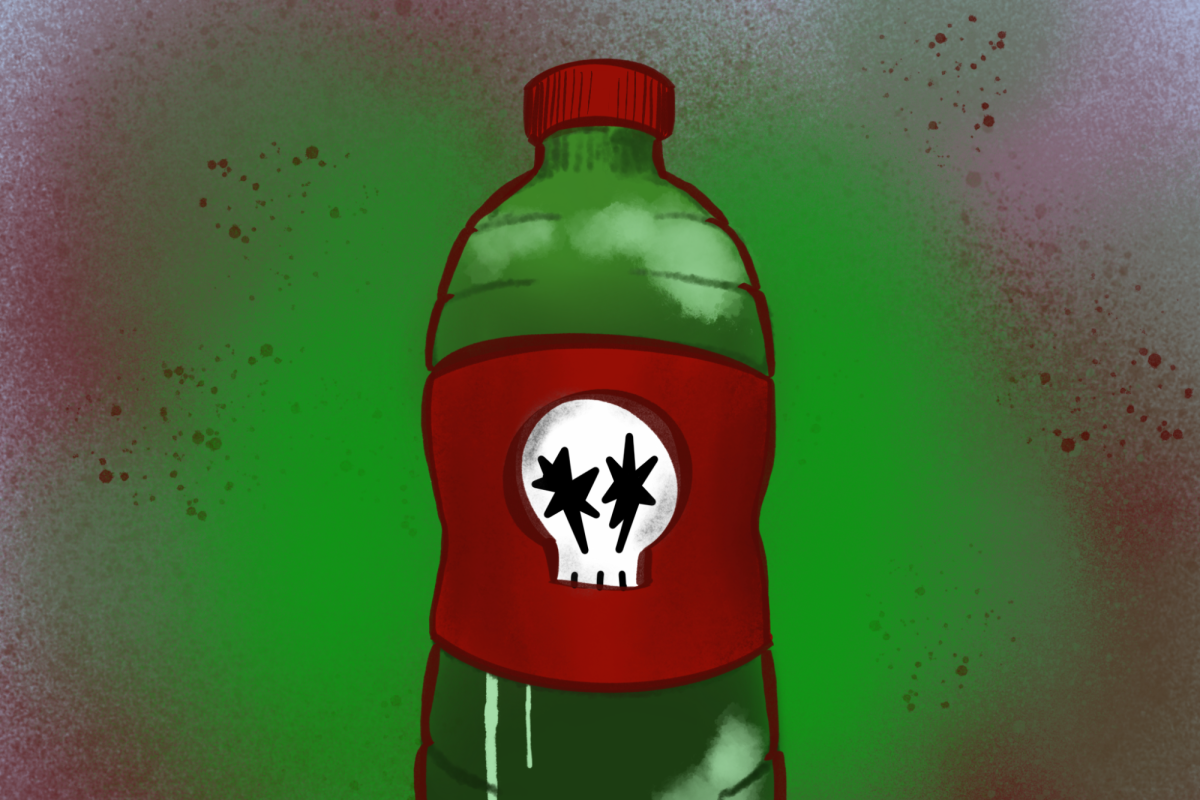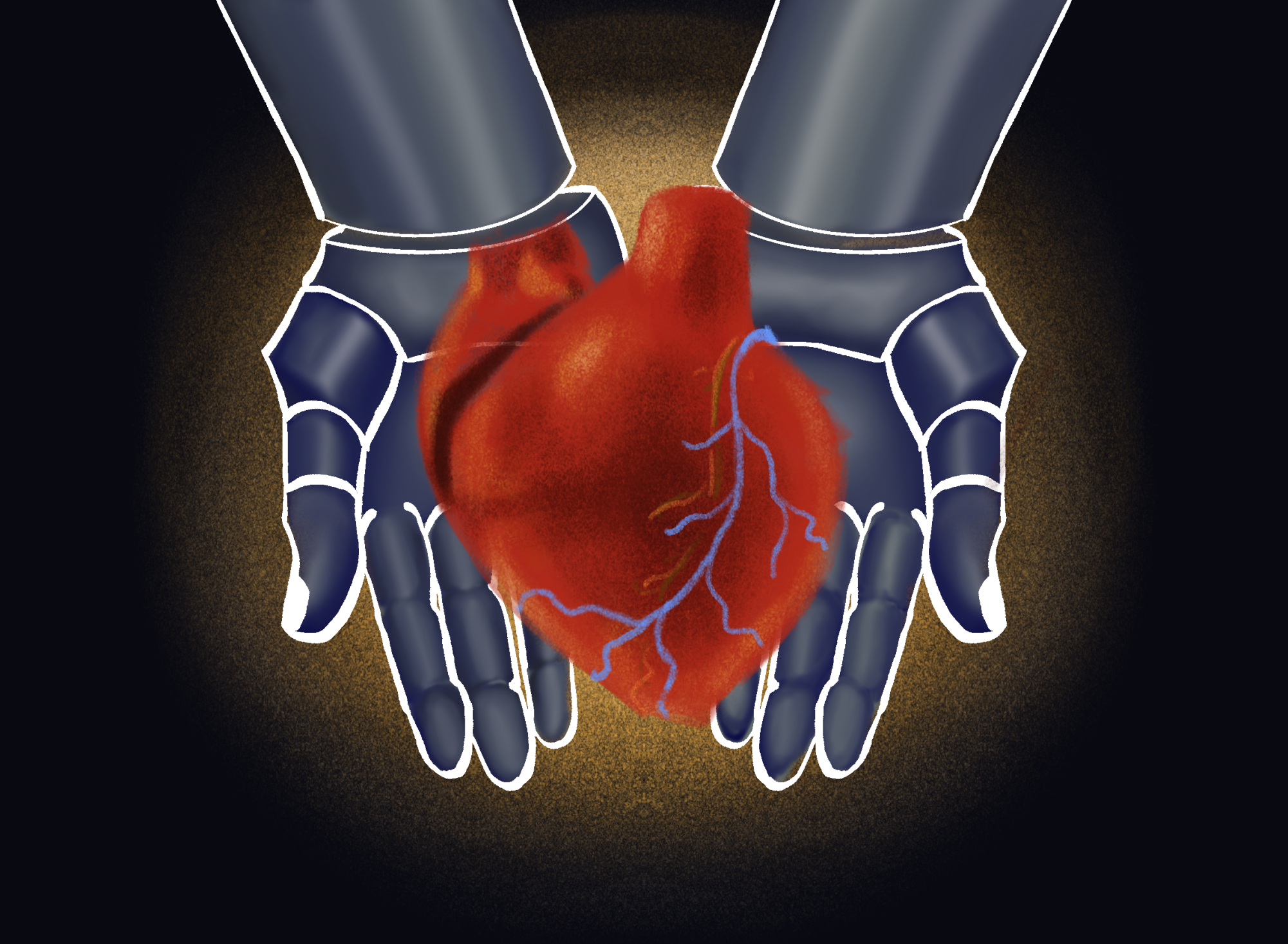As the bottle cap cracks, the sugary liquid drips down the side of the can. Within a few minutes and 200 milligrams of caffeine later, the drink is finished. With it comes the satisfaction of boasting about the immense amount of caffeine you just downed, usually followed by a pat on the back for being “crazy.” But as your heart rate climbs, your breath sharpens and your mind jumps into hyperawareness, the signal to slow down never seems to cross your mind.
However, caffeine addiction is not just a casual activity, but a habit that teenagers have instilled in their daily lives. Teenagers chug energy drinks back to back, with no deeper thought into it. Whether it’s a Ghost, Celsius, Alani Nu, Red Bull or even a 24-hour energy shot, these drinks have been falsely advertised as essential and energizing, something students use to “survive” their day.
Anything in excess can be harmful, while, for the most part, most things can be enjoyable and safe.
According to the National Institute of Health, nearly one-third of teens between 12 and 17 years of age drink energy drinks regularly, along with young adults aged 18 to 34 being the highest consuming group. Each drink can contain from 150-300 milligrams of caffeine, triple the amount in one cup of coffee. In addition to high caffeine content, there are many additive chemicals and sugars. The increased heart rate, irritability and insomnia can be ignored temporarily, but as the days creep on, and the pleasure turns to addiction, teens are faced with chronic sleep loss, increased dependence and insurmountable anxiety. The grind turns into a nightmare as hormonal teenagers are trying to juggle their day-to-day life and emotions, with the extra addition of a chemical devil sneaking into your heart and seeping into your mind. Perhaps before it’s too late, we take a look at our habits and day-to-day behaviors. However, we are proud of this addiction. Drinking a few energy drinks and grinding out homework is admirable, along with pulling all-nighters and starting school with a new drink every morning. But where do we draw the line with this socially accepted addiction?
Waiting until damage occurs is an option. Excessive intake of energy drinks has been linked to serious cardiovascular events such as cardiac arrest, arrhythmias, or irregular heartbeat and heightened blood pressure, and a review identified nine cases of cardiac arrest, three of which were fatal, attributed to the high caffeine content in the drinks. Consumers may experience seizures, anxiety and insomnia. Liver and kidney damage are also possibilities, as many energy drinks contain high doses of vitamin B3, or niacin, which can cause hepatotoxicity (liver inflammation and failure), and for the kidneys, can dehydrate the body and increase kidney workload, leading to chronic kidney disease. The drinks contain high levels of sugar, which can accelerate the onset of type 2 diabetes. But these health risks are often ignored by those already addicted.
However, the strength of caffeine cannot go unnoticed. Exhausted students turn to the sugary drinks to stay up later and get their work done, with heavy deadlines and long to-do lists. However, the issue lies in the dependency, not the substance itself. Instead of waiting until the last minute to do assignments and procrastinating on studying, teenagers should start to build better work habits, rather than punishing their bodies in unhealthy ways and creating unnecessary patterns of addiction.
Energy drinks have become a prideful badge that many teens wear, symbols of grind culture and hyperproductivity, so deeply embedded in their ego that potential health risks seem minuscule. But even underlying the addiction shows the true issue: burnout, dependence on a substance and a growing disregard for human health. Instead of getting enough sleep at night, eating healthy and taking care of the hardworking human body, society has taken the extreme: using addiction and substance to solve our day-to-day problems. The human body is brilliantly created — it self-regulates, tries to fix and navigate the damages it endures every day from our choices and continues to supply and allow us to function in our busy lives. Maybe it’s time to really take a look inside, and start valuing, appreciating and mostly, respecting, the wonders of the human body: you.









